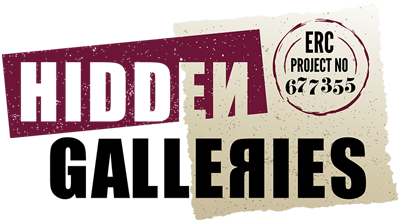Truth and Memory: The Twin Perils of Secret Archives – Lavinia Stan
- Author Lavinia Stan, St. Francis Xavier University, Canada
- Presented at The Hidden Galleries closing conference: The Secret Police and Study of Religions: Archives, Communities and Contested Memories in Central and Eastern Europe, 18th March 2021
For centuries intelligence services have collected information on individuals, but differences in surveillance among democratic and dictatorial countries have emerged more clearly only after World War II, as this talk explains. Throughout their existence communist countries have conducted “wide” repression and mass surveillance, to use Tina Rosenberg terms, compiling huge collections of documents, manuscripts, photographs, smell jars and other items. Since the 1990s some parts of these vast archives, more or less extensive, depending on national legislation, have been made available to ordinary citizens as well as historians interested in piecing together the recent past. File access has offered a number of benefits, including the forceful end of secret operations, the retirement of secret agents and informers, as well as a better understanding of the chain of command within repressive institutions, of the methods and agents of repression and persecution, and of the ways in which victims’ lives have been affected. However, as this talk argues, the opening of these secret archives has also underscored the perils associated with the effort of reconstituting the memory of communism and of finding the truth about the recent past.
